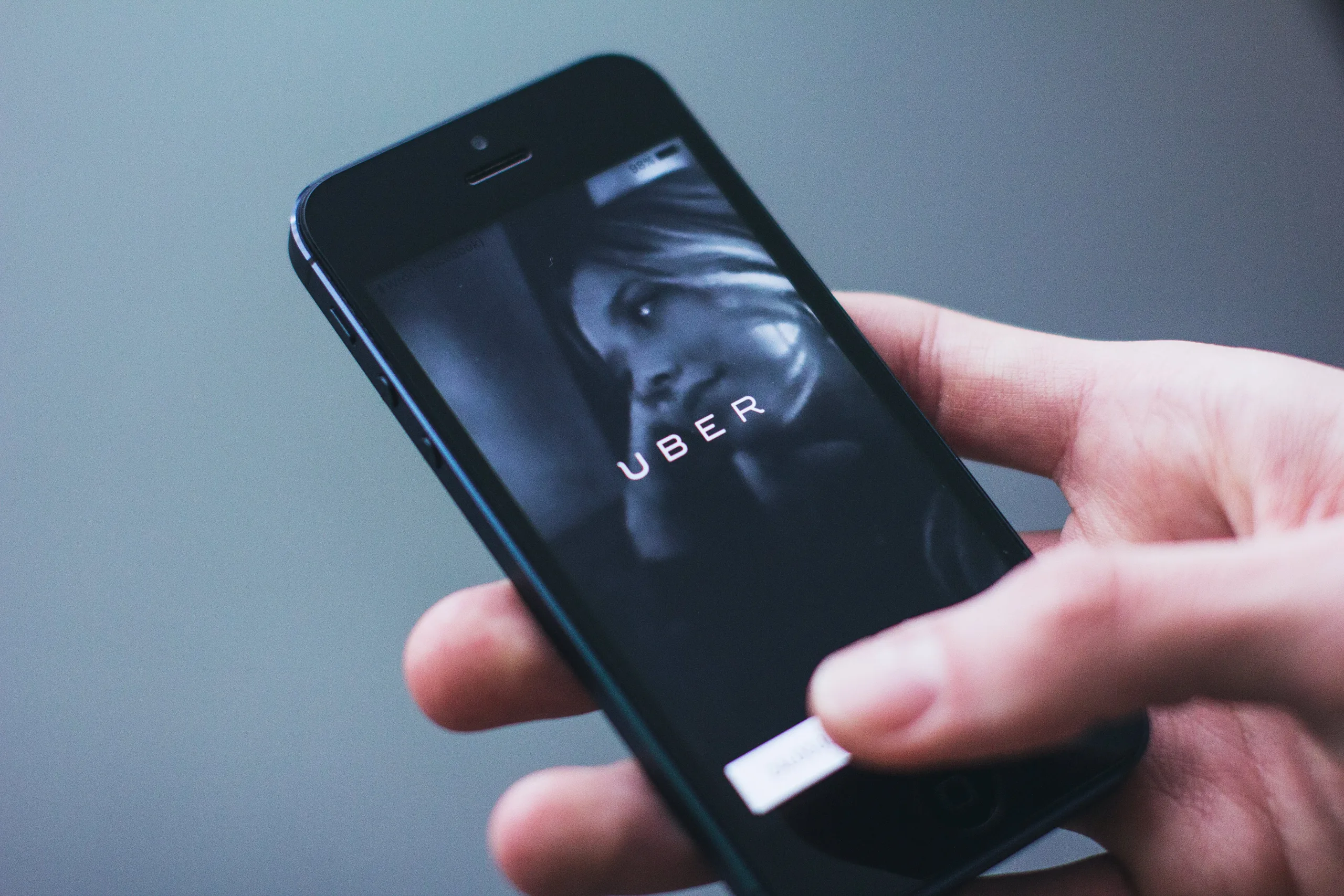In a monumental development that promises significant relief to rideshare drivers, Uber and Lyft have agreed to a $328 million settlement in response to allegations of unlawful tax and fee deductions. New York State Attorney General Letitia James unveiled this unprecedented resolution, which also requires the ride-hailing giants to provide paid sick leave to their drivers across the state.
Historic Settlement Unveiled
On a crisp Thursday morning, the Office of New York Attorney General Letitia James made an announcement that will resonate through the corridors of rideshare history. Uber and Lyft will pay a combined sum of $328 million as part of a sweeping settlement, putting to rest a prolonged investigation into their tax-withholding practices. This settlement, as declared by James, represents the largest wage-theft resolution in the history of her office, marking a turning point for the drivers who have long been the backbone of the rideshare industry.
Drivers to Receive Back Pay
Under the terms of this landmark settlement, the $328 million will be disbursed among drivers who provided their services to Uber from 2014 to 2017 and Lyft from 2015 to 2017. This substantial back pay will finally grant these drivers the financial reparation they are rightfully owed. Most notably, this restitution will primarily benefit immigrant drivers and their families, who have relied on their rideshare income to make ends meet.
Implications for 100,000 Drivers
It is estimated that this historic settlement will positively impact approximately 100,000 rideshare drivers throughout New York State. These drivers will benefit either through back pay, newly provided benefits, or a combination of both, according to Attorney General Letitia James’ office. The monumental scope of this resolution indicates that the reverberations will be felt far beyond the individual recipients of back pay.
Origins of the Investigation
This momentous legal development stems from a thorough state investigation into the payment practices of Uber and Lyft, dating back to the mid-2010s. The impetus for this investigation was a complaint filed by the New York Taxi Workers Alliance, a representative group for a multitude of for-hire drivers in the city. The Alliance’s advocacy for drivers’ rights catalyzed a legal inquiry that has now culminated in this landmark settlement.
Claims of Unlawful Deductions
According to Attorney General James’ office, Uber’s impropriety was evident in its withholding of sales tax and fees meant for New York’s Black Car Fund from drivers’ earnings, a practice that persisted from 2014 to 2017. Lyft, on the other hand, allegedly deducted an 11.4% “administrative charge” from drivers between 2015 and 2017, which equated to the proper sales tax and Black Car Fund fee. The Attorney General’s office contends that these charges should have been passed on to riders as part of their fares, rather than being deducted from drivers’ earnings.
Companies’ Responses
While Uber and Lyft are set to pay out this historic settlement, both companies have steadfastly denied any wrongdoing in this case. They have characterized the settlement as a step toward striking a balance between driver flexibility and the provision of essential benefits. Tony West, Uber’s Chief Legal Officer, articulated that “Choosing flexibility shouldn’t mean folks have to give up protections like sick pay and minimum earnings.” Similarly, Jeremy Bird, Lyft’s Chief Policy Officer, hailed this resolution as a win for drivers, emphasizing that it was achieved through collaboration with the New York Attorney General’s Office.
A Milestone for Driver Rights
In conclusion, the $328 million back pay settlement signifies a monumental milestone in the ongoing struggle for drivers’ rights in the rideshare industry. This settlement rectifies years of alleged wage theft and unfair deductions, benefiting a substantial number of drivers in New York State. As the dust settles on this historic agreement, it is clear that the voices of rideshare drivers, including those from immigrant communities, have been heard and justice has been served. This resolution highlights the importance of upholding the law and safeguarding the rights and earnings of hardworking individuals who power the rideshare ecosystem.
